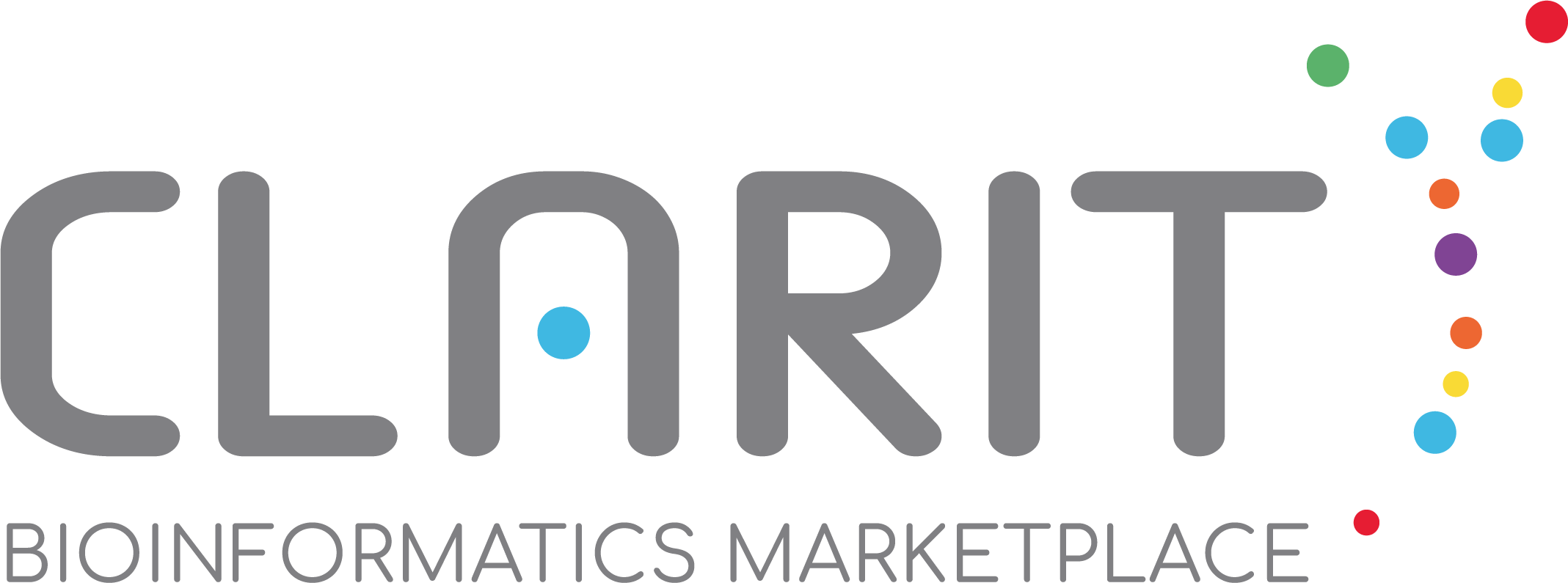Links within this page: Travel Requirements | Health Requirements | Health Recommendations | Invitation Letters
In order to travel to South Africa, there are certain entry requirements you must meet depending on the country you live in.
The Department of Home Affairs of South Africa issues and updates a Visa Exemption List. We recommend checking the official website regularly when planning your trip, so you can request a visa if needed.
Please refer to the Department of Home Affairs of South Africa webpages for additional links and information.
You can also visit the IATA TravelCentre website, input information about your trip, and receive details about what immigration and health requirements must be met.
Travel Requirements
- Passengers must complete the “South African Traveller Declaration" before departure or upon arrival.
- Passports and passport replacing documents of all non-South African nationals must contain at least 1 unused visa page for entry/departure endorsements by South African Immigration Service. This does not include the page reserved for "Observations" or "Amendments and Endorsements"
- Visitors with a machine-readable passport which has been extended or modified in any way are not allowed to enter or transit South Africa.
Health Requirements
Vaccination against Yellow Fever is required if you are arriving from a country with risk of yellow fever transmission. Those exempted from this are as follows:
- Passengers transiting countries with risk of yellow fever transmission for max. 12 hours and not leaving the transit area.
- Passengers transiting Senegal and Ghana but not leaving the aircraft.
- Holders of a certificate of contraindication on medical grounds, who will be placed under quarantine.
Health Recommendations
Malaria prophylaxis: Malaria risk, mainly due to P. falciparum, exists throughout the year in the low altitude areas of Limpopo Province, Mpumalanga Province (including the Kruger National Park), and north-eastern KwaZulu Natal. Risk is highest from October to May. Recommended prevention in risk areas: C
The WHO recommended type of prevention is referred to as:
- Type A (very limited risk of malaria transmission) - Mosquito bite prevention only.
- Type B (risk of non-falciparum malaria) - Mosquito-bite prevention plus chloroquine or doxycycline or atovaquone-proguanil or mefloquine chemoprophylaxis.
- Type C (risk of P. falciparum malaria) - Mosquito-bite prevention plus atovaquone-proguanil or doxycycline or mefloquine chemoprophylaxis.
Chemoprophylaxis should be started preferably one week before departure and no later than the first day of exposure; it must be taken with unfailing regularity and continued for 4 weeks after the last exposure. No prophylactic regimen is 100% protective against infection, but even if it fails to prevent the disease it may, nevertheless, render the infection milder and less life threatening.
**The ISCB-Africa ASBCB 2025 conference is located in the Western Cape, a province on the opposite side of the above risk areas in South Africa. However, the information is here to maintain awareness.
You may also want to check out the South Africa section of the CDC Yellow Book 2024.
Invitation Letters
If you require an invitation letter to support your visa application, please complete our Visa Letter Request Form. This must be completed after you register for the conference, and we recommend filling it out at least 4 weeks before the conference in order to allow time to receive your visa application decision. Visa letters will still be processed after this date but may not be approved in time.
Please allow up to 3 business days for your letter request to be fulfilled and sent to your email address. ISCB Staff do not process any letter requests on weekends or days that are deemed federal holidays in the United States of America.






